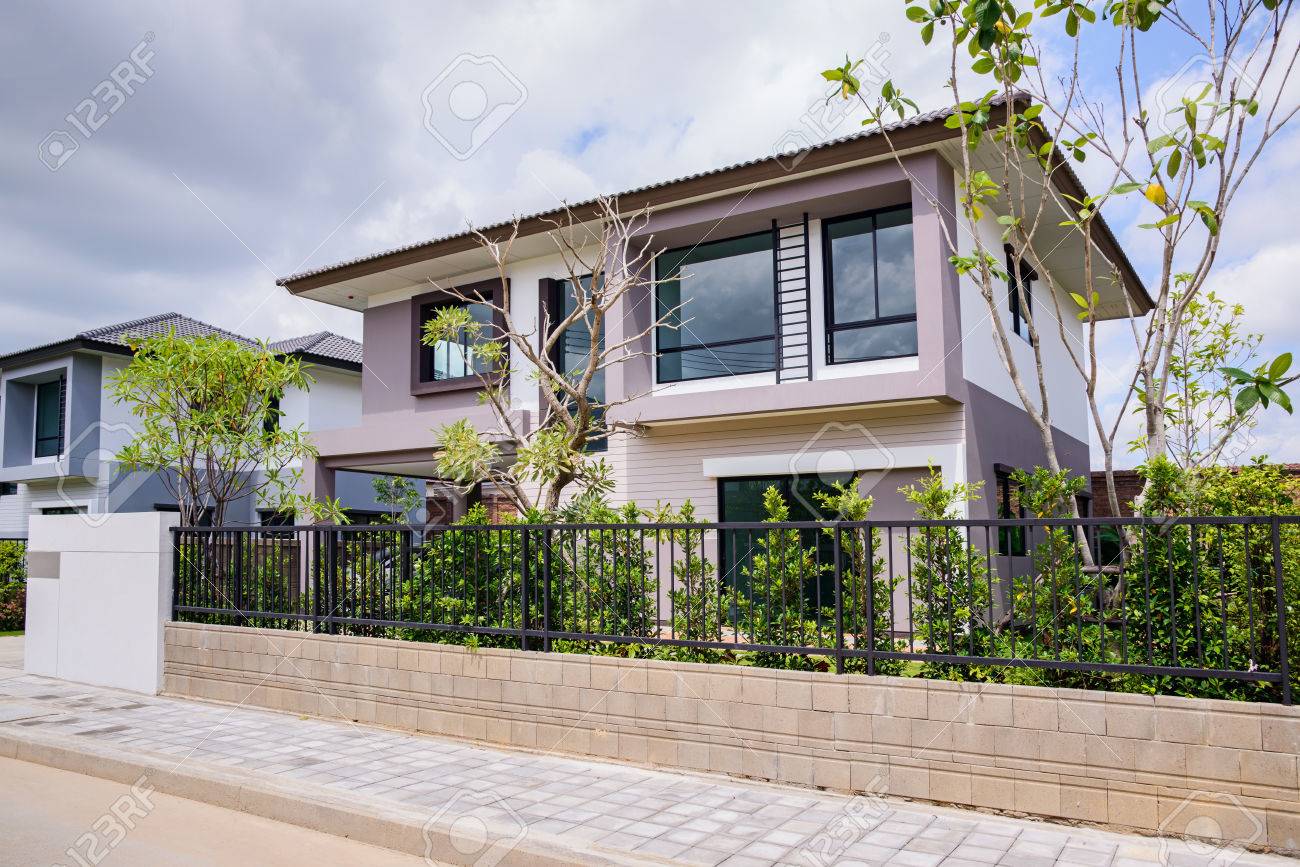Buying a house in Thailand can be an appealing prospect for both locals and foreigners due to its beautiful landscapes, rich culture, and relatively affordable real estate market. However, navigating the legal requirements for purchasing property in Thailand 泰国公寓 is crucial to avoid any pitfalls or legal complications. Here are the key legal requirements for buying houses in Thailand:

- Ownership Restrictions: Foreigners are generally prohibited from owning land in Thailand 泰国公寓 However, there are legal structures that allow foreigners to purchase property, such as condos or buildings, but not the land it sits on. One common method is setting up a Thai limited company where most shares are owned by Thai nationals. This company can then own the land.
- Title Deeds: Before purchasing a property, it’s essential to verify the legitimacy of the title deed (Chanote). A Chanote ensures the property’s legal ownership and boundaries. Additionally, buyers should confirm that the property is free from any liens, mortgages, or legal disputes.
- Due Diligence: Conducting thorough due diligence is crucial. This includes hiring a reputable lawyer to review all legal documents, contracts, and agreements related to the property transaction. A professional survey of the property’s physical condition is also advisable.
- Deposit and Sale Agreement: Once both parties agree on the terms of the sale, a deposit is typically required to secure the property. This is often accompanied by a sale agreement outlining the terms and conditions of the purchase, including the payment schedule and transfer of ownership process.
- Transfer of Ownership: The transfer of ownership occurs at the Land Department office where the buyer and seller, or their representatives, sign the official transfer documents in the presence of a land officer. The buyer is responsible for paying the transfer fees, taxes, and any other associated costs.
- Tax Obligations: Buyers should be aware of the various taxes associated with property transactions in Thailand. This may include transfer fees, specific business taxes, stamp duty, and withholding tax. These taxes can vary depending on factors such as the type of property and the duration of ownership.
- Visa Requirements: For foreigners purchasing property in Thailand, understanding visa requirements is essential. Certain types of visas may be required for long-term stays in the country, especially if the purchased property is intended for residential purposes.
- Legal Assistance: Given the complexity of Thai property law and potential language barriers, seeking professional legal assistance is highly recommended throughout the purchasing process. A qualified lawyer with experience in real estate transactions can provide invaluable guidance and ensure compliance with all legal requirements.




